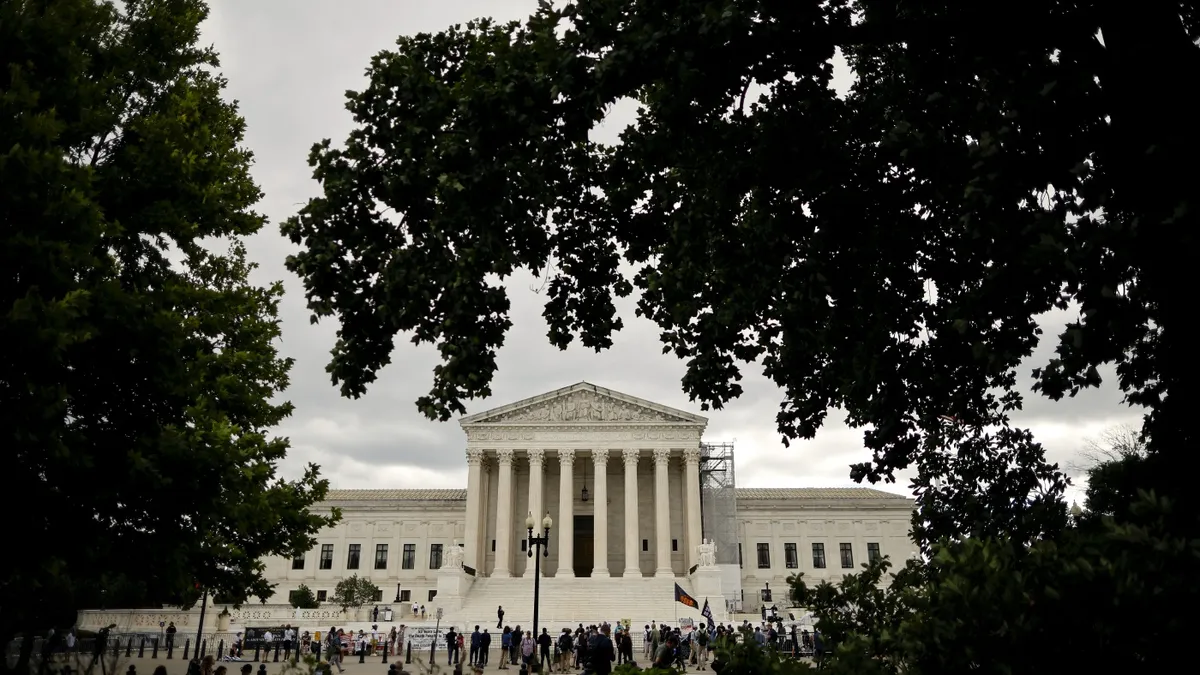
On Thursday, the U.S. Supreme Court ruled in favor of President Trump's directive, which mandates that passport applicants must identify their sex according to what is stated on their birth certificate. This significant decision effectively overturned a previous lower court order that had paused the implementation of Trump's policy, allowing individuals to select their gender identification as either M for male, F for female, or X for those who do not identify with a traditional gender classification.
Since 1976, male and female sex markers have been included on U.S. passports. For more than three decades, the government has permitted citizens to request a passport that reflects their gender identity, diverging from what is indicated on their birth certificates. However, the option to select an X as a gender marker was only introduced in 2021 under the administration of President Biden.
A nationwide coalition of plaintiffs, led by Ashton Orr—a transgender man who faced false accusations of using a fraudulent passport due to having a female sex marker—contested Trump's policy. They argued that the policy not only discriminates against transgender and non-binary individuals but also undermines the government's ability to accurately identify its citizens. Furthermore, they claimed that the policy is rooted in unconstitutional transphobia, violating the Fourteenth Amendment, which guarantees equal protection under the law.
Orr's legal team emphasized that the challenged policy threatens the fundamental purpose of passports as identity documents, which officials verify against the holder’s appearance. They highlighted that Trump's policy effectively denies the identities of an entire group—transgender Americans—who have historically existed. The government's own filings acknowledged that the policy's core impact involves the outing of transgender, intersex, and non-binary individuals.
After the U.S. Court of Appeals for the First Circuit declined to block the lower court's order pausing Trump's policy, the government submitted an emergency appeal to the Supreme Court. In their argument, they contended that the injunction harmed the United States by conflicting with the President's foreign policy and the scientific understanding of gender. The Supreme Court's decision on Thursday indicates a likely alignment with the administration's stance, albeit the ruling is not a conclusive determination; it merely allows the implementation of Trump's biological sex passport policy while ongoing litigation continues in the lower courts.
In a 6-3 vote that reflected ideological divisions, the Supreme Court ruled that displaying a passport holder's sex at birth does not violate equal protection principles, similarly to how a country's origin is displayed. According to the unsigned order, the government is simply acknowledging a historical fact without imposing differential treatment on anyone. In dissent, Justice Ketanji Brown Jackson, joined by the court’s two other liberal justices, criticized the order as a "pointless but painful perversion" of equitable discretion, lamenting that the court has facilitated immediate harm without adequate justification.